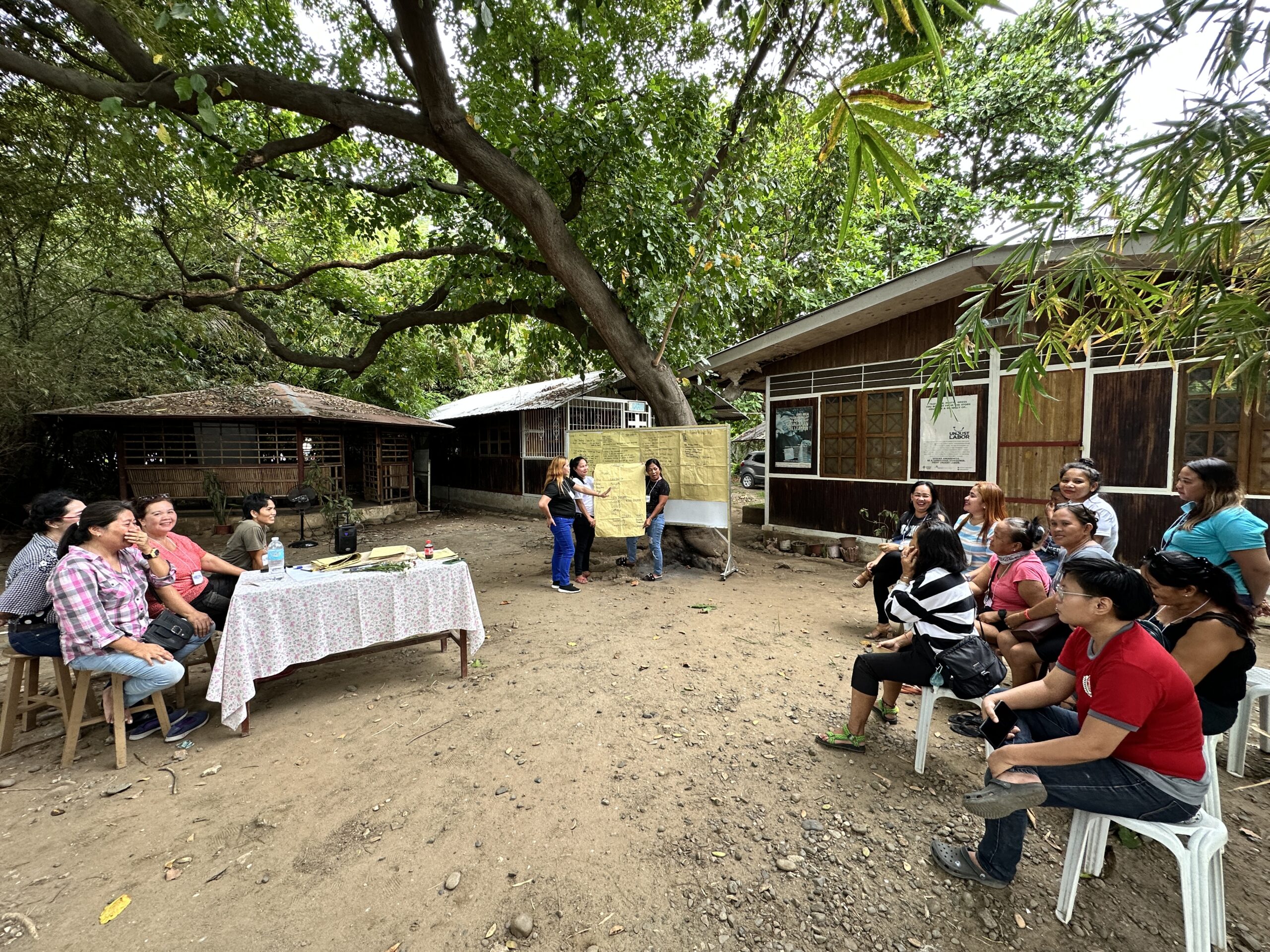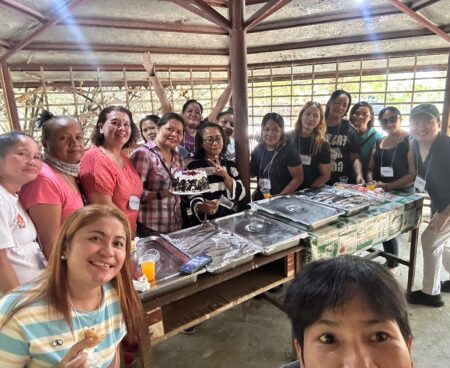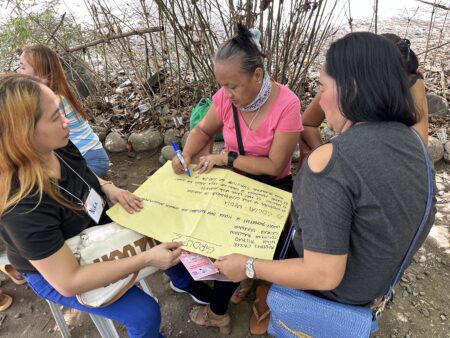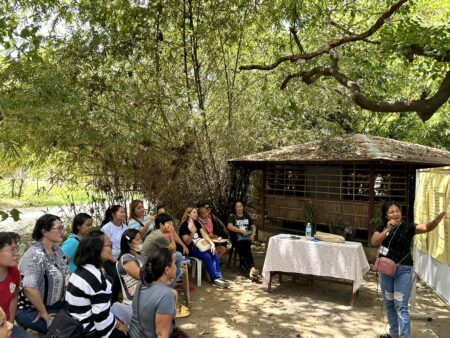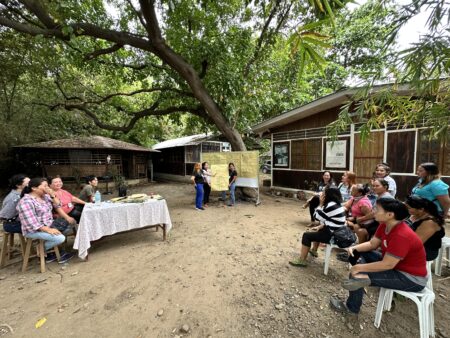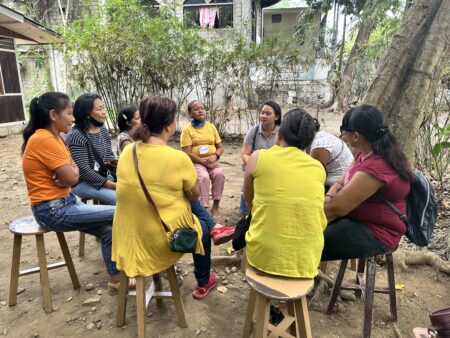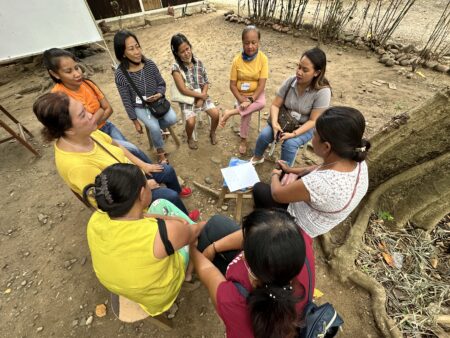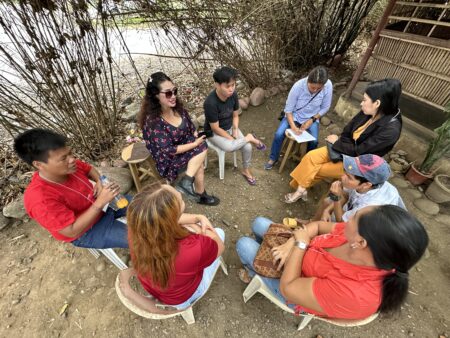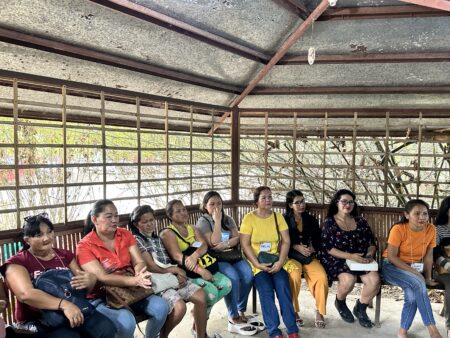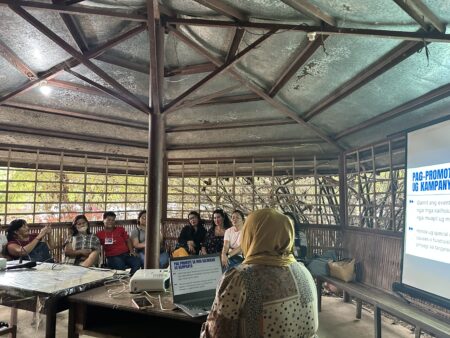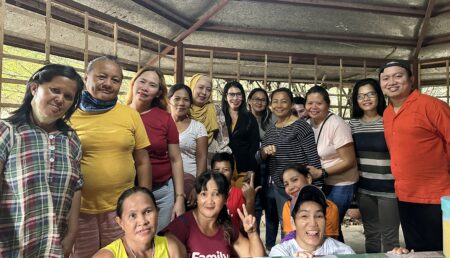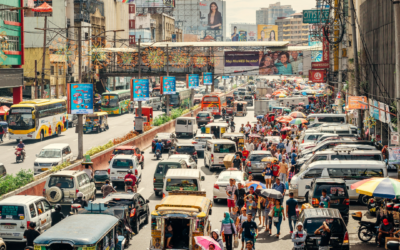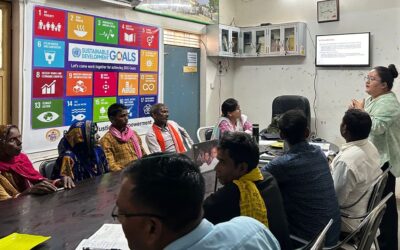In mid-June, Free the Slaves held a two-day training session in Cagayan de Oro, Philippines, as part of our Community Liberation Initiative. This effort was designed to empower survivors of human trafficking to expand their influence and deepen their impact in their communities.
Twenty-two survivors participated in the training, which focused on helping them develop strategic partnerships and integrate stronger anti-modern slavery interventions into their existing work. The training also emphasized the importance of networking and collaborative efforts, equipping participants with the skills to broaden their outreach. They also aimed to strengthen the support systems for women who have experienced sex trafficking.
The Importance of Survivor Leadership
Survivors of human trafficking face numerous challenges as they work to rebuild their lives. These challenges include emotional trauma, societal judgment, legal obstacles, and health issues. Despite these difficulties, survivors have the potential to become powerful advocates for change when provided with the right tools and support.
For Free the Slaves, this training marked a significant milestone, not only for our work in the Philippines but also for the broader region. It was our first direct engagement with a survivor’s group in the country, laying the foundation for a model that can be replicated in other communities and nations. We partnered with TISAKA, an organization founded in 1998 whose name means “The Voice of Enlightenment” in the Cebuano dialect. TISAKA was established to advance advocacy and education efforts for women involved in prostitution, beginning with 30 women united by their common goals of combating sexual discrimination and oppression. Over the years, TISAKA has expanded its reach, providing support to over 700 women and children.
The training provided survivors with a platform to amplify their voices and empowered them to take on leadership roles within their communities. The sessions were designed to equip participants with practical skills that could transform their personal experiences into actionable advocacy plans, allowing them to extend their outreach and support to more women engaged in prostitution. The energy and dedication of everyone who attended was truly inspiring, as survivors who are also activists and community leaders shared their unique perspectives and experiences. The discussions were heartfelt and genuine, underscoring a collective commitment to advancing their goals and aspirations within their organization.
Building Momentum for Lasting Change
As Ms. Eleony Monding, Founder and President of TISAKA Inc., expressed,
“We are extremely grateful to Free the Slaves for giving us the opportunity to be guided and strengthened as a survivors’ network. The process of the training facilitated by Mr. Romcy made us feel that we are well accepted, not just as a survivor or a woman but as a whole person. The training process was non-judgmental and all without discrimination. We hope that our dreams will be realized, that we can become models for many more women who have yet to survive the situation of prostitution, and that our community will also see that we are valuable.”
The impact of this training will be sustained through ongoing engagement and follow-up activities. Free the Slaves is committed to building on the foundation laid during these sessions, ensuring that this training leads to enduring advocacy efforts and the development of robust support networks for survivors.
This initiative represents more than just empowerment; it is about creating leaders who can drive meaningful change in their communities and inspire others to join the fight against human trafficking. By focusing on survivor leadership, we are building a movement that is rooted in the experiences and voices of those who have lived through the horrors of trafficking, ensuring that their insights guide our collective efforts to end modern slavery.

